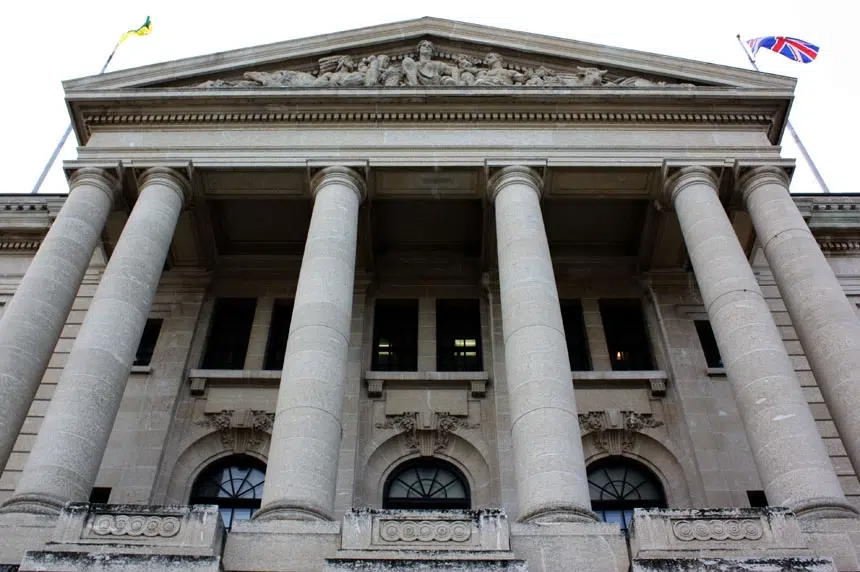The Government of Saskatchewan has announced a $4-billion irrigation project at Lake Diefenbaker.
Lyle Stewart, Saskatchewan Party MLA and Legislative Secretary for the Water Security Agency, said the project is 20 years in the making.
“The timing is right to move this forward. The vision is for our grandchildren and great-grandchildren and generations to follow,” Stewart said Thursday.
Stewart said the project will irrigate up to 500,000 acres of land from Lake Diefenbaker, more than doubling the irrigable land in Saskatchewan.
The project will span across central Saskatchewan and, eventually, the southern portion of the province as well.
Stewart said the impact on producers will be substantial, giving them an opportunity to grow high-value table crops.
He said it will have an effect even beyond farmers; it will increase Canada’s food security and give the whole industry opportunities for expansion such as food processors moving to be closer to production.
“This project starts with the agriculture industry but it will truly have a province-wide impact, now and for generations to come,” said Stewart.
Stewart said several years ago, there was a major food processor that came to investigate the possibility of working in Saskatchewan. The province checked all the boxes except the company didn’t feel the province had the irrigation infrastructure to guarantee its supply.
“That has haunted me ever since,” Stewart said. “I was minister of enterprise at the time so it was a while ago. It was a huge opportunity missed because we had not proceeded with … the Right Honourable John Diefenbaker’s vision of 1,000,000 acres of irrigation when we should have back in the 1970s.
“It has been one of my goals ever since to try and get us there and I’m proud that today is the beginning of that.”
Construction is expected to take place over the next 10 years at a cost estimated at $4 billion.
The first stage of the project is an immediate $22.5-million investment in engineering and initial construction.
Phase 1 of the project, which is expected to cost $500 million, will include the rehabilitation and expansion of the existing Westside irrigation canal system. That’s expected to increase the amount of irrigable land in the area by 80,000 acres.
The second and third phases are to cost up to $3.5 billion.
Phase 2 will involve further expansion and buildout of the Westside Irrigation Project, a move that will add another 260,000 acres of irrigable land. That includes areas near Macrorie, Milden and Zealandia, and as far north as Delisle and Asquith.
The third phase will feature the buildout of the Qu’Appelle South Irrigation Project, which would add about 120,000 more acres of irrigable land.
Starting at Lake Diefenbaker and going south, the project would run near Tugaske and Eyebrow, down to Marquis and into Buffalo Pound Lake.
“It would provide the Moose Jaw-Regina corridor and southern Saskatchewan with a secure source of water for the next century and act as a catalyst for significant industrial expansion in the years to come,” a media release said.
In addition to starting construction of the Westside Irrigation Project, work this year also will feature preliminary soil quality analysis of the Qu’Appelle South Irrigation Project area.
The government estimated its investment in the project will add between $40 billion and $80 billion to the province’s gross domestic product over the next 50 years. The project also is expected to create 2,500 construction jobs each year over the next decade.
The province is committed to the first part of the project, but Stewart said it’ll need investment from the federal government later on. He said he’s optimistic at that happening, though, saying the federal government has shown interest in the project previously and it meets the criteria for funding for post-COVID-19 projects.
“There’s no project in Saskatchewan — and I doubt there are very many in the country — that are more shovel-ready than the Westside Irrigation Project,” said Stewart.
Former Regina Liberal MP Ralph Goodale had championed the project. Stewart said they’d been in contact recently and Goodale is still very supportive.











